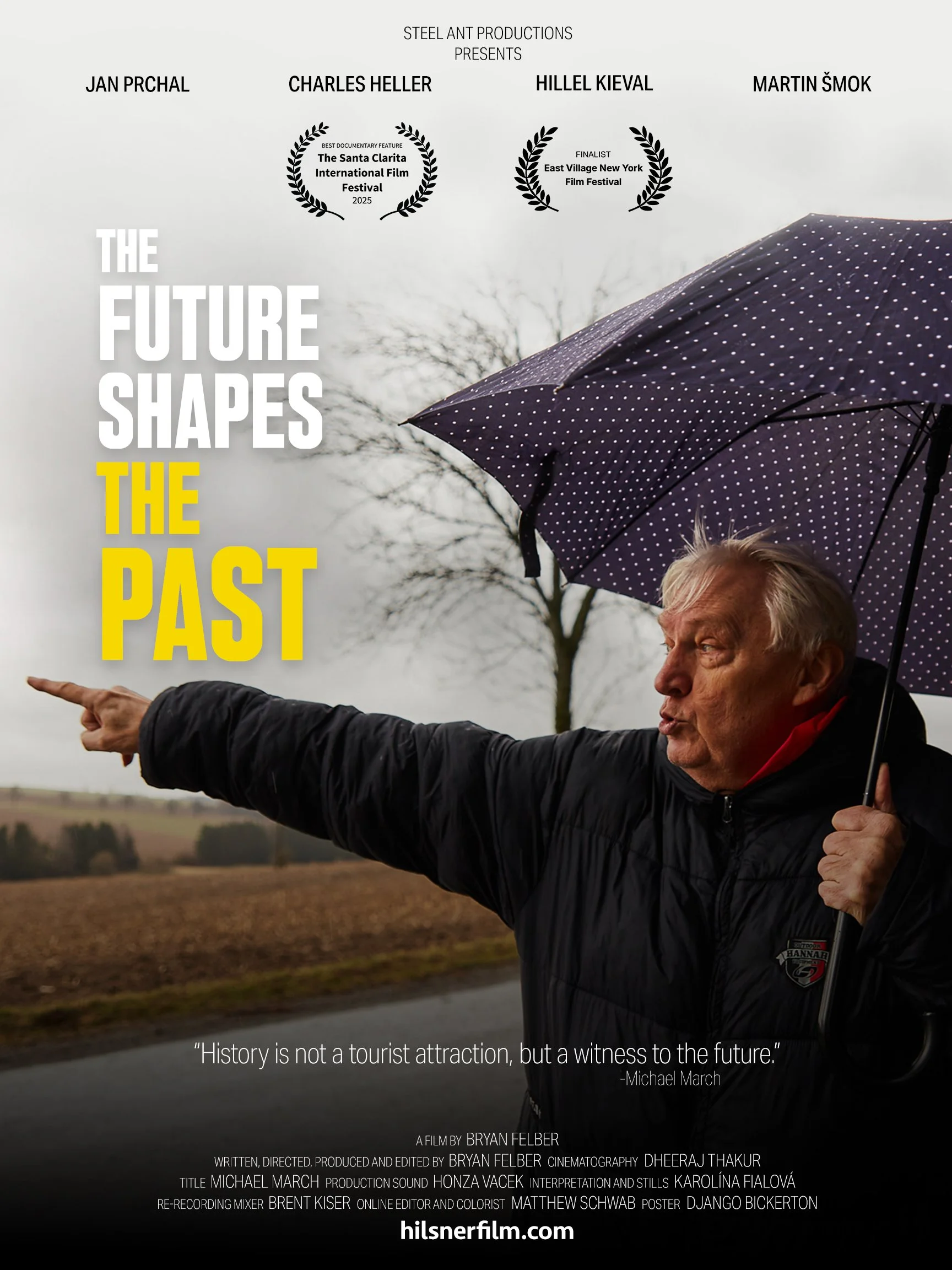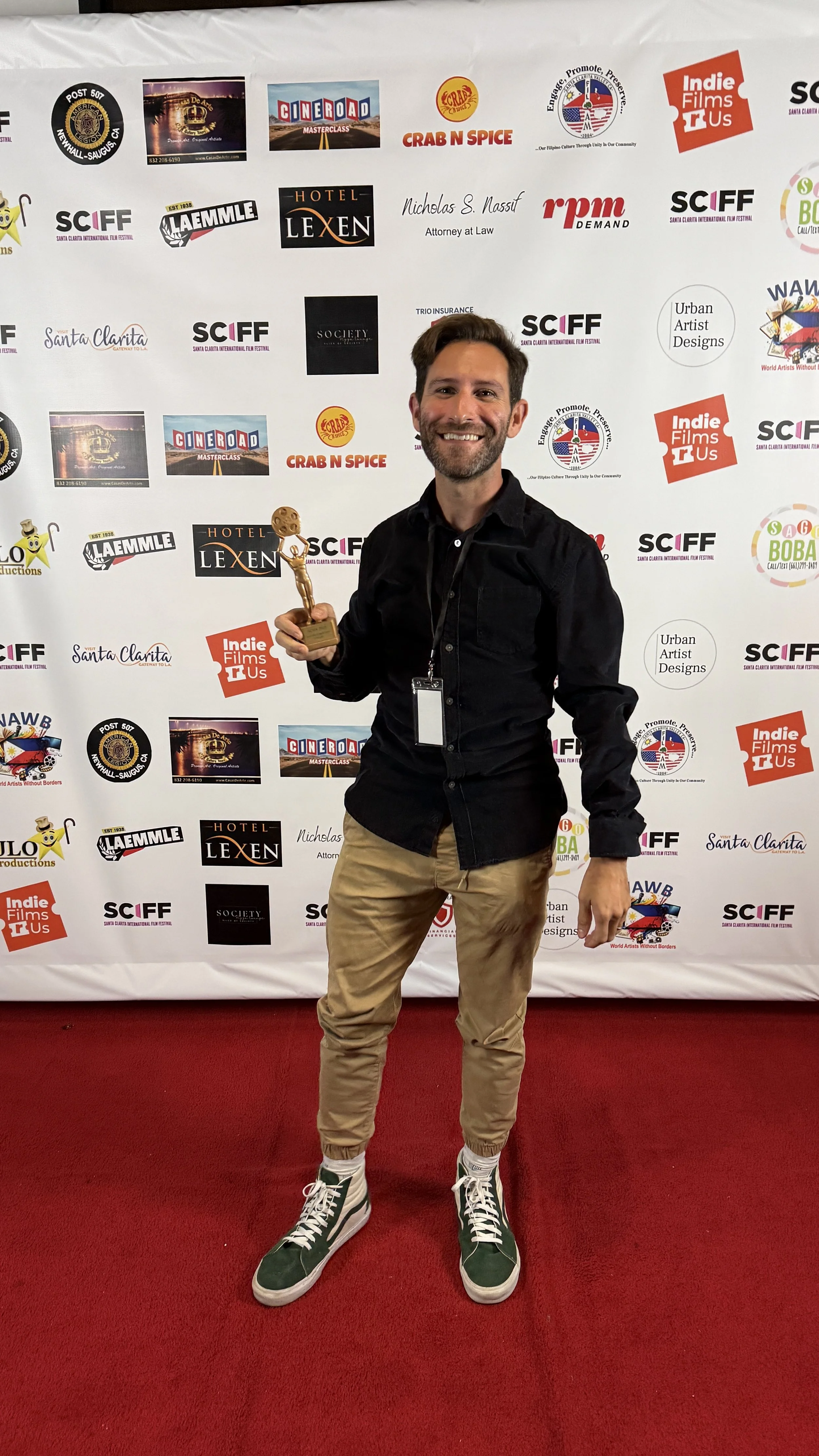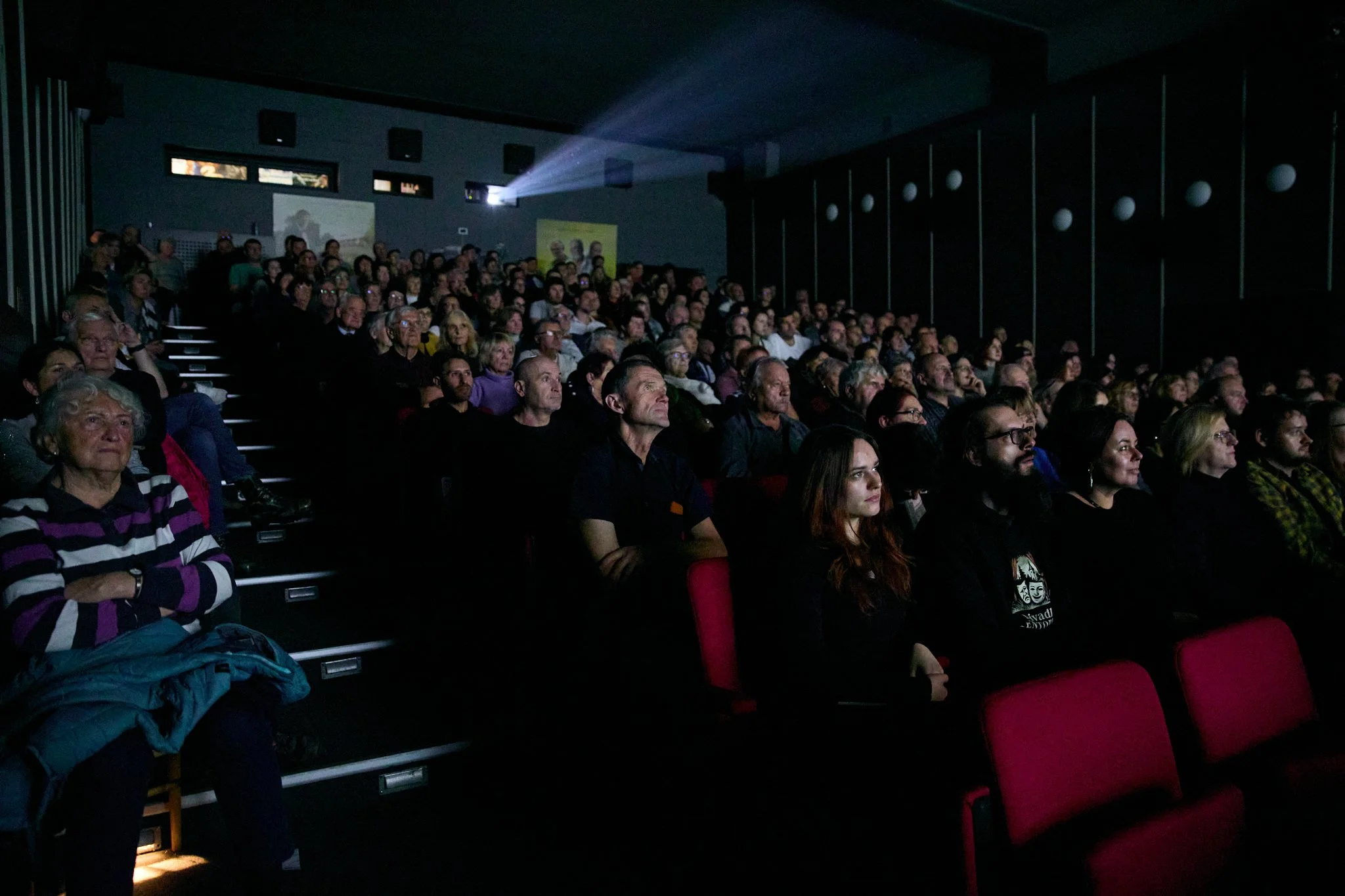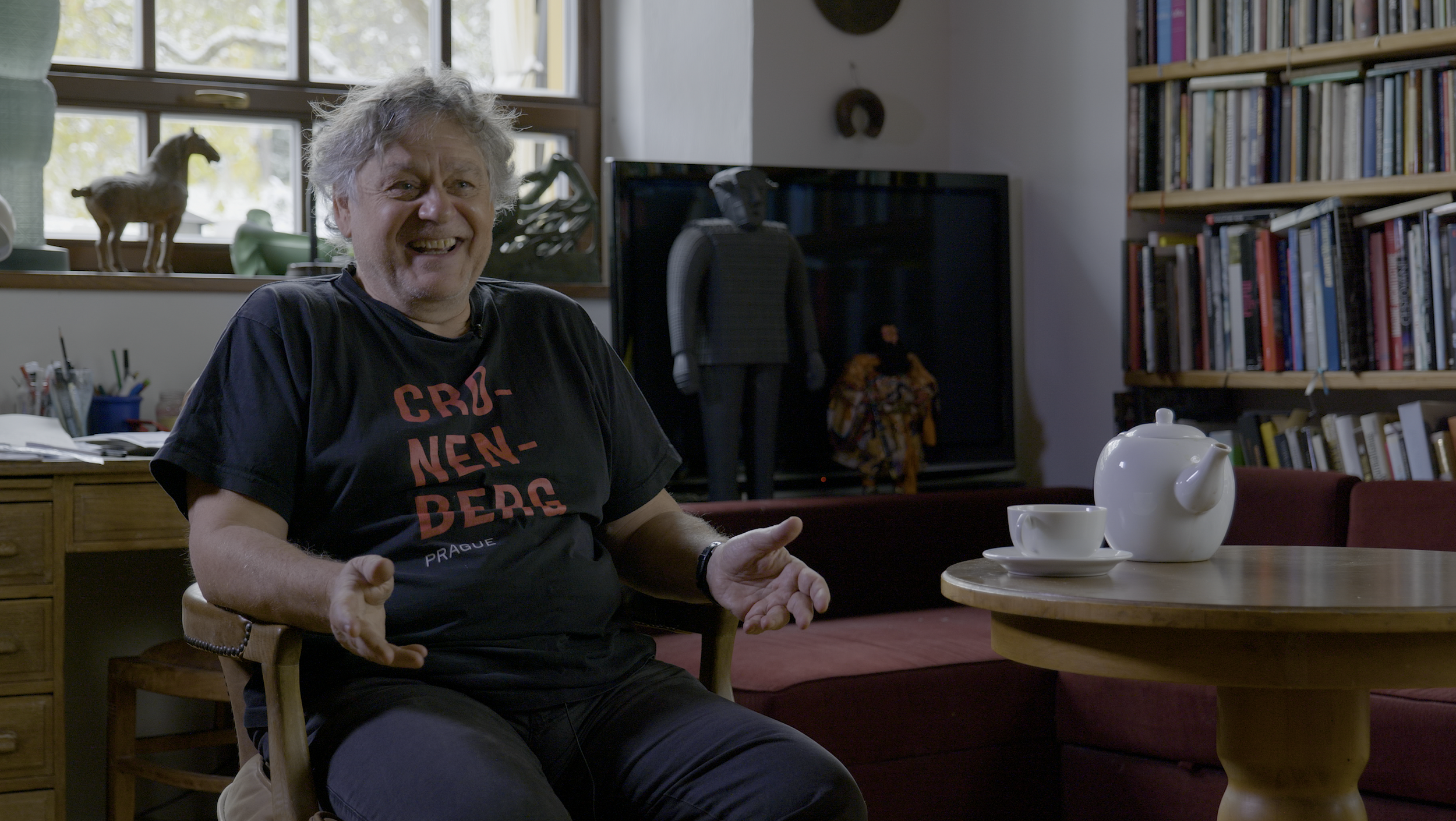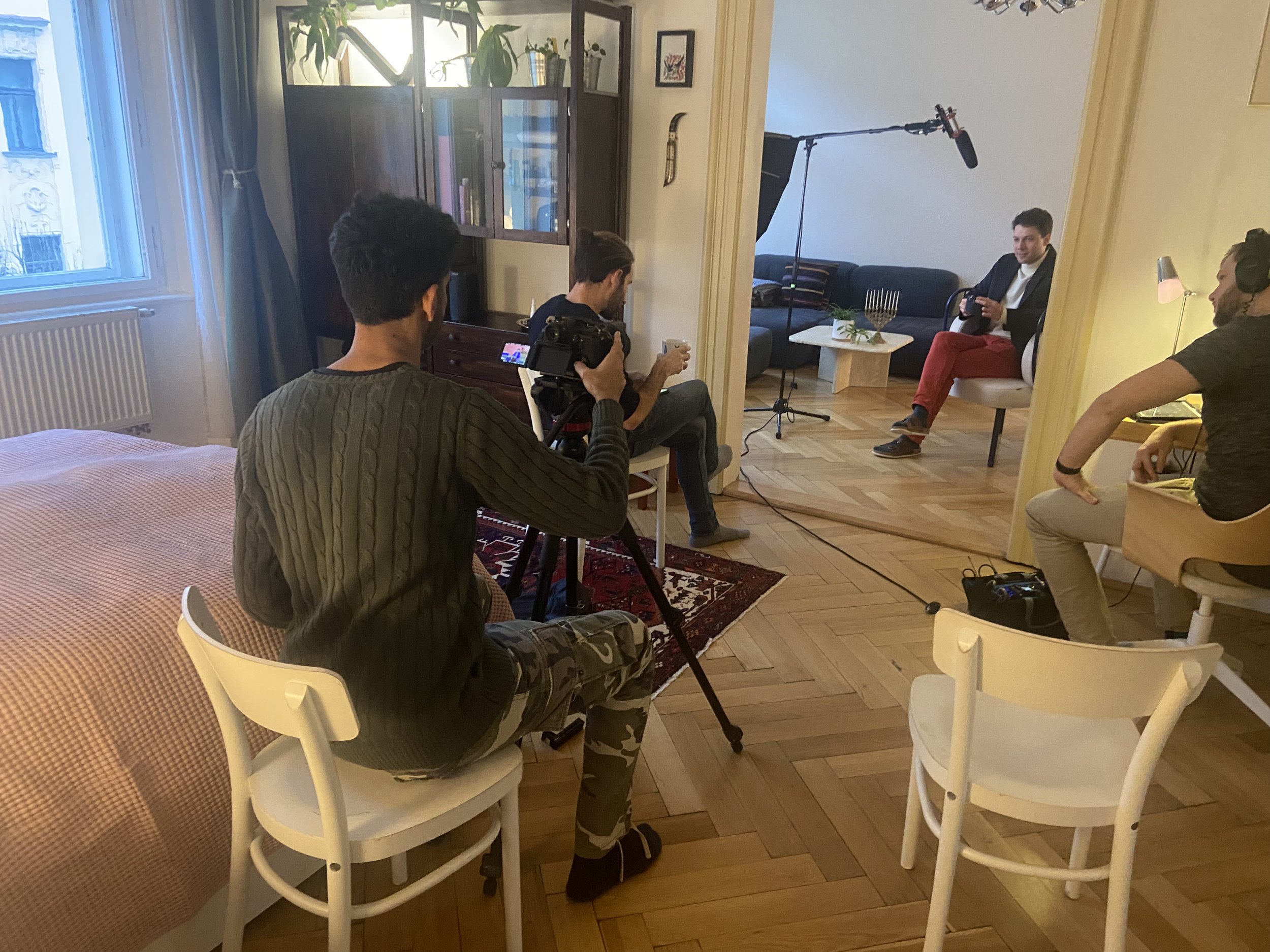The Future Shapes the Past
Title by Michael March
Written, Directed, and Produced by
Bryan Felber
Czech Premiere for the town of Polná. 189 seats. Sold out.
November 15th, 2025
Winner Best Documentary Feature at the Santa Clarita International Film Festival. December 14th, 2025
Synopsis:
Is a 126-year-old murder mystery still shaping global politics today?
In 1899, in what is now the Czech Republic, a Jewish man named Leopold Hilsner was wrongly convicted of “ritual murder,” the medieval blood libel that falsely claimed Jews killed Christians to use their blood in Passover matzah. He was convicted twice on these fabricated charges.
But the most troubling fact is that Leopold Hilsner remains legally guilty of this crime to this day, despite more than 30 years of activism to posthumously exonerate him.
Blending true crime and history, the film investigates two mysteries. The first is who actually committed the murder. The second, and more consequential question, is why Czech politicians are so reluctant to legally rehabilitate Hilsner, even as the same conspiracy myths resurface online, fueling modern-day antisemitism.
The Future Shapes the Past
USA, 2025, 80 minutes
Documentary, True Crime, History
English and Czech (with English subtitles)
Director’s Journey
Shot across the Czech Republic, Germany, the United States, and Canada, the film is directed by Los Angeles native Bryan Felber, a filmmaker dedicated to bringing lesser-known stories to mainstream audiences.
With the initial idea of focusing on the history of Jews in the Czech lands in the late 19th and early 20th centuries, “The Future Shapes the Past” has evolved into a sprawling documentary about the role history plays in politics, centered on the Hilsner Affair of 1899–1900 and the ongoing effort to posthumously exonerate the Jewish man accused of ritual murder.
A century ago, during a period of rapid Jewish assimilation into Czech society, there was also a growing backlash—one manifestation of which was the resurgence of the blood libel: the baseless medieval myth that Jews use Christian blood in their festive bread, matzah.
In March of 1899, in the town of Polná, a young Catholic woman named Anežka Hrůzová was found murdered in the woods during the Jewish holiday of Passover. A Jewish man, Leopold Hilsner, was accused by the townspeople and an international antisemitic media campaign began that divided Czech society—soon becoming known as the Hilsner Affair.
Short clip from the film describing the rise of antisemitism in Europe at the turn of the 20th century
Although Hilsner spent 18 years in prison and was pardoned by the outgoing Austrian Emperor Charles I, his guilty verdict remains on the books. Today, historians, journalists, and lawyers are working to overturn the verdict.
The film investigates who likely killed Anežka—but it asks the bigger question of why the Czech and Austrian judiciary have been so reluctant to just exonerate this man.
To this second question, the film examines a broader European pattern: the tendency to downplay or deny responsibility for the Holocaust. The uncomfortable truth is that many nations were complicit in, and actively collaborated with, the Nazi genocide. This remains a deeply sensitive subject across the continent. If clearing the name of one poor Jewish man—an early victim of modern antisemitism decades before the Holocaust—remains impossible, how can we expect those same nations to honestly face their role in the genocide itself?
Short clip from the film featuring this idea of European-wide complicity and collaboration in the Holocaust
The film is currently having its film festival run. To request access to a password-protected private link, please email bryan@steelantproductions.com

